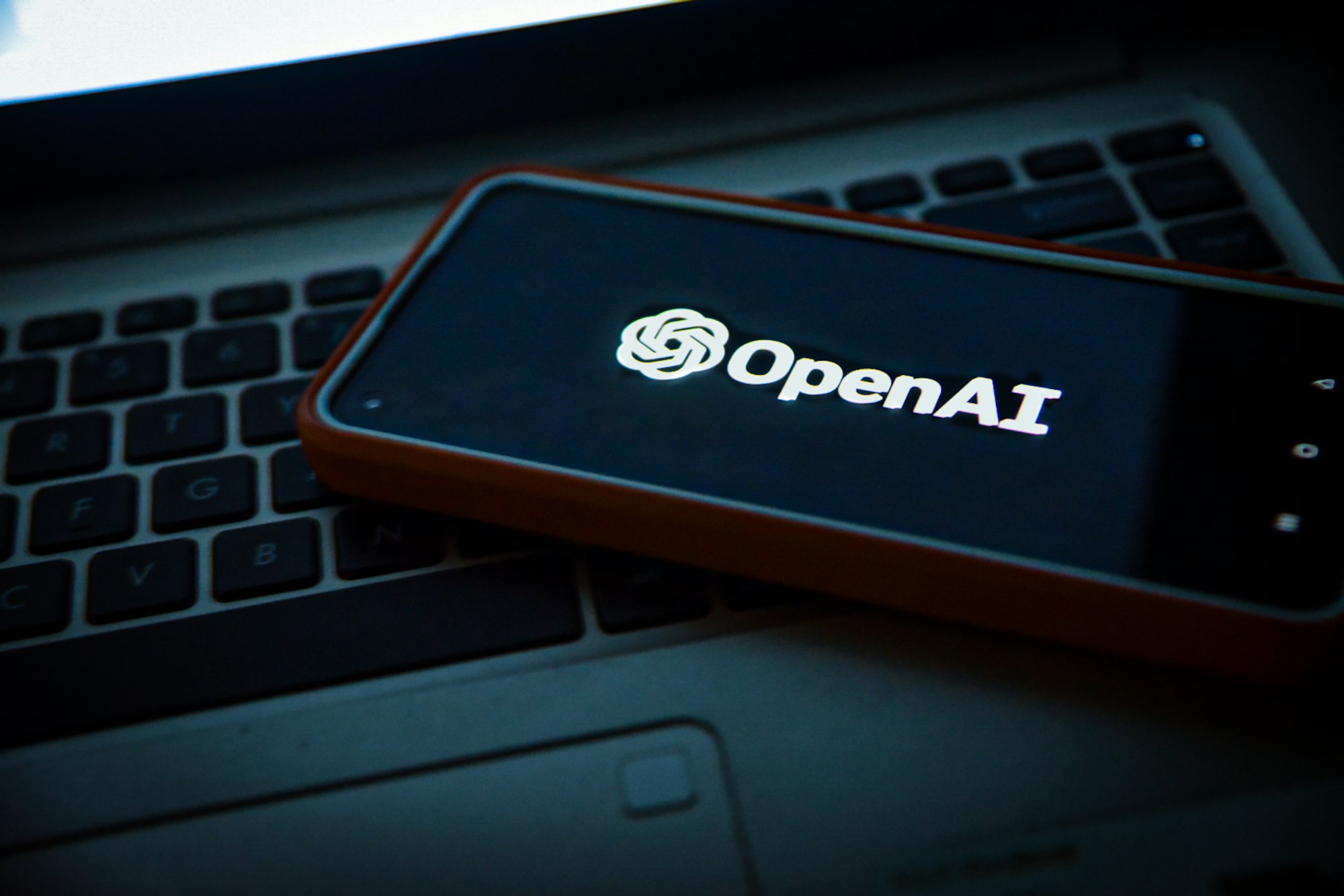OpenAI's ChatGPT Search is now free for all users
But what does this mean for Google?
As part of its '12 Days of Shipmas' announcements, OpenAI has been steadily rolling out a series of updates, including Sora, its text-to-video model and a $200-per-month Pro tier. On day 8, the company made one of its boldest moves yet: opening up ChatGPT Search to all users for free.
Previously reserved for paid subscribers, ChatGPT Search allowed users to access up-to-date web information within the ChatGPT interface. Now, anyone with a free OpenAI account can use the tool across mobile, desktop, and web platforms, signalling OpenAI’s ambition to expand its user base and further entrench itself in the search market.
Alongside its expanded availability, OpenAI also unveiled a series of enhancements to make ChatGPT Search feel more like a serious contender in the search space.

For one, its Advanced Voice Mode has been upgraded to finally include real-time web search. This update, though, will only be available to paid subscribers when it is fully rolled out. In addition to that, ChatGPT Search results on mobile will now resemble a typical search engine interface, displaying images, ratings, and even maps with navigation directly within the app.
For certain queries, like “hotel booking websites,” ChatGPT is expected to surface relevant links before generating responses, and OpenAI hopes this streamlines the process of finding practical information. At the same time, the company has included an in-built option for users to make ChatGPT Search their default browser.
These developments come at a time when AI-powered tools are increasingly challenging Google’s long-standing dominance in search. As previously reported by Techloy, ChatGPT’s momentum has been nothing short of disruptive, surpassing Google Chrome with 3.7 billion monthly visits in October 2024.
This milestone highlights a growing shift in user behaviour as people gravitate toward tools that prioritize clean, direct answers over ads and cluttered search results.
For Google, this expansion introduces further pressure. Search remains Google’s most significant revenue driver, yet OpenAI’s move to offer free access, combined with user-friendly features like web-integrated voice search and maps, could chip away at Google’s relevance.
While Google continues integrating AI into its tools with initiatives like Gemini, the tool still doesn't offer anything on par with ChatGPT Search's new features – yet.
Whether ChatGPT Search can fully challenge Google in the long term remains uncertain. However, its rapid growth and OpenAI’s push toward accessibility suggest the battle for search dominance is far from settled. By opening its search tool to everyone, OpenAI has taken a significant step in redefining how people search for information—and that shift could force Google to rethink its approach sooner rather than later.







